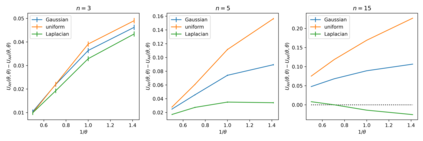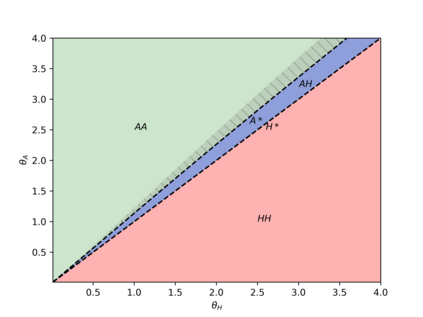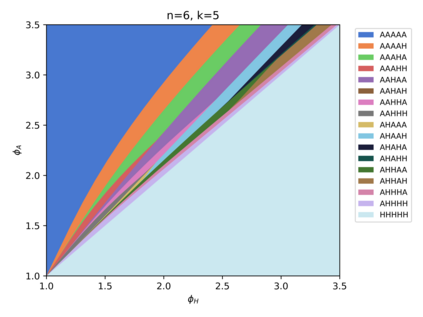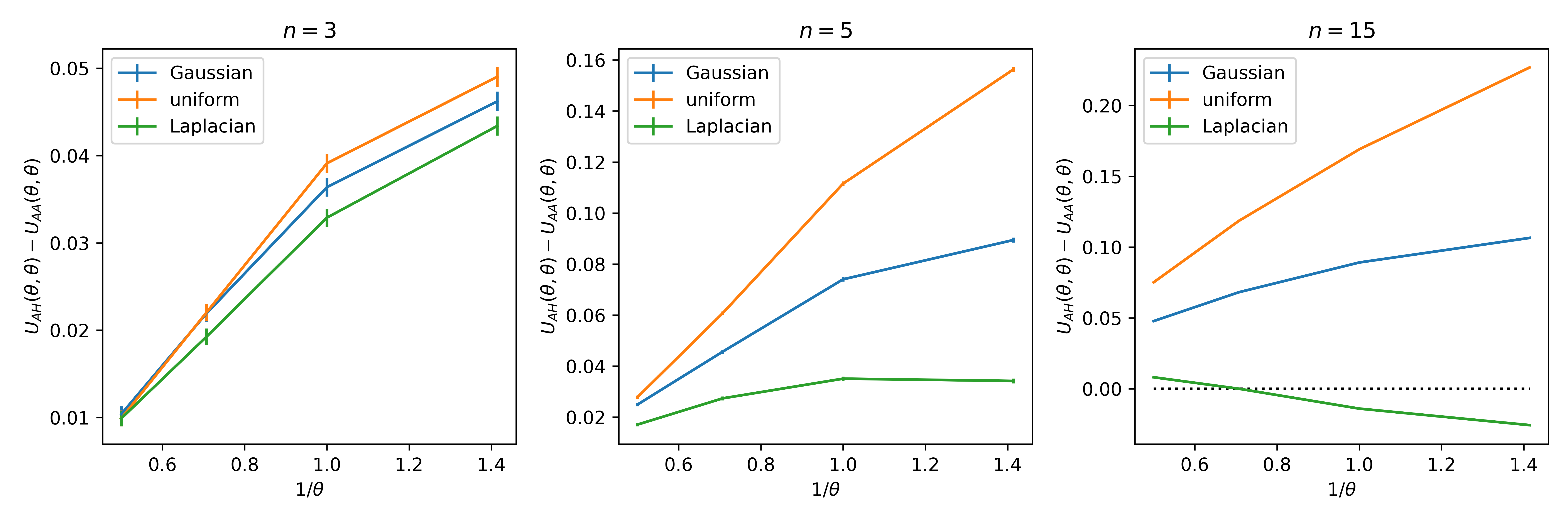As algorithms are increasingly applied to screen applicants for high-stakes decisions in employment, lending, and other domains, concerns have been raised about the effects of algorithmic monoculture, in which many decision-makers all rely on the same algorithm. This concern invokes analogies to agriculture, where a monocultural system runs the risk of severe harm from unexpected shocks. Here we show that the dangers of algorithmic monoculture run much deeper, in that monocultural convergence on a single algorithm by a group of decision-making agents, even when the algorithm is more accurate for any one agent in isolation, can reduce the overall quality of the decisions being made by the full collection of agents. Unexpected shocks are therefore not needed to expose the risks of monoculture; it can hurt accuracy even under "normal" operations, and even for algorithms that are more accurate when used by only a single decision-maker. Our results rely on minimal assumptions, and involve the development of a probabilistic framework for analyzing systems that use multiple noisy estimates of a set of alternatives.
翻译:随着算法越来越多地用于筛选就业、贷款和其他领域的高发决策的申请人,人们对算法单一文化的影响提出了关切,许多决策者都依赖同样的算法。这种关切援引了农业的类比,其中单发文化系统有遭受意外冲击的严重伤害的风险。这里我们表明,算法单一文化的危险要深得多,因为一组决策代理人对单一算法的单一文化趋同,即使算法对任何一个孤立的代理人来说更准确,也能够降低完全收集物剂所做出决策的总体质量。因此,不需要意外冲击来暴露单一文化的风险;即使在“正常”操作下,也可能会损害准确性,甚至对于仅由单一决策者使用的算法。我们的结果依赖于最低限度的假设,并涉及开发一个比较稳定的框架来分析使用多种噪音估计一套替代方法的系统。







